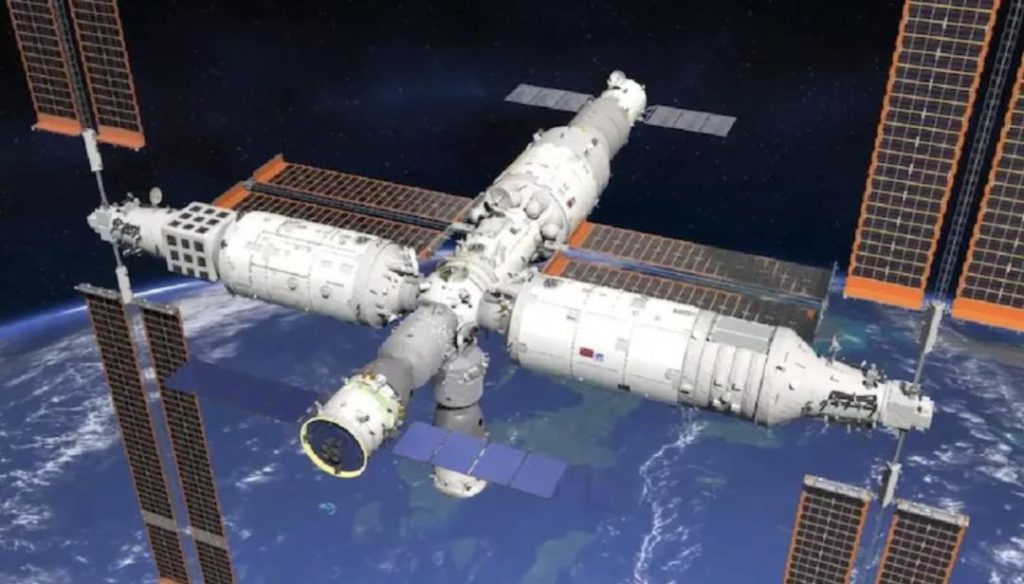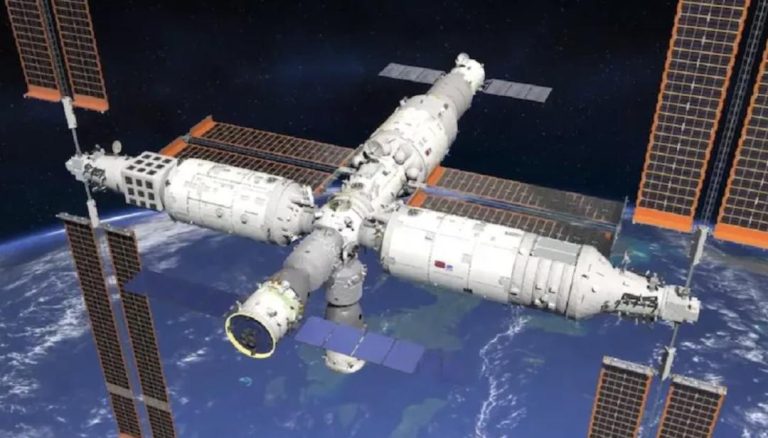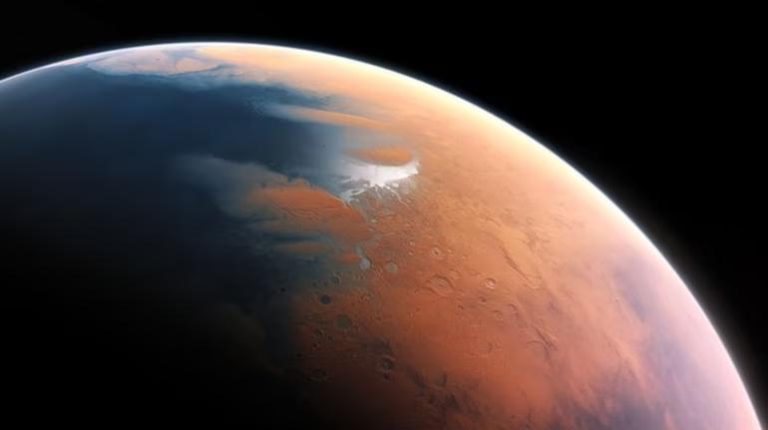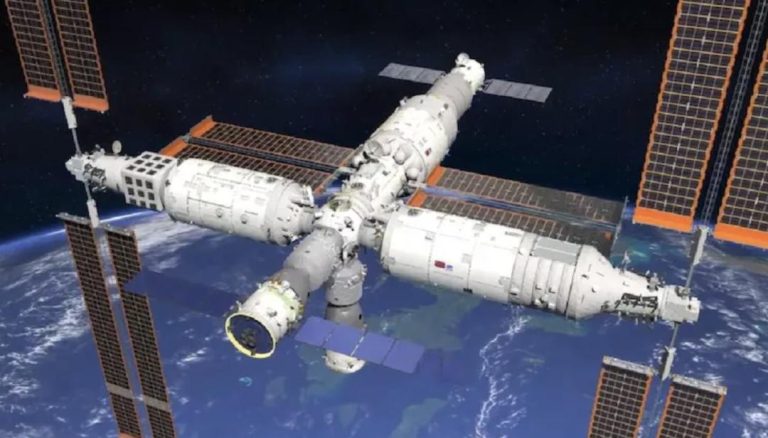
China to Train & Launch Pakistani Astronauts for the 1st Time
In a historic move, the China Manned Space Agency has announced that it will be training and launching two Pakistani astronauts as part of a joint mission to the Tiangong space station. This milestone marks a significant step forward in the bilateral relationship between China and Pakistan, as Pakistan becomes the first foreign country to have astronauts trained and launched by China.
According to the China Manned Space Agency, the two Pakistani astronauts will receive spaceflight training in China as part of the joint mission. The training program is expected to be completed in a few months, after which the astronauts will embark on a journey to the Tiangong space station, where they will conduct scientific experiments and contribute to the country’s space exploration efforts.
This development follows a bilateral deal between the two countries to train and send Pakistani astronauts to China’s space station. The agreement was signed during a visit by Pakistan’s Prime Minister Imran Khan to China in 2020.
The training program is expected to be rigorous and comprehensive, covering a range of topics including spaceflight operations, spacewalk training, and scientific experiments. The two Pakistani astronauts will work closely with their Chinese counterparts to ensure a seamless collaboration during the mission.
The decision to train and launch Pakistani astronauts is a significant milestone in the country’s space exploration program. Pakistan has been working towards developing its space capabilities for several years, with a focus on launching its own satellites and exploring space for scientific and commercial purposes.
The country’s space agency, the Space and Upper Atmosphere Research Commission (SUPARCO), has been working closely with international partners to develop its capabilities, including collaborations with China, Russia, and the European Space Agency.
The training and launch of Pakistani astronauts is a significant step forward in the country’s space program, demonstrating its capability to work with international partners and conduct complex space missions. The mission is also expected to boost Pakistan’s reputation as a space-faring nation and enhance its international standing.
The Chinese space agency has a proven track record of launching and training astronauts, with a successful history of conducting space missions. The country has launched several successful space missions in recent years, including the launch of its first space station, the Tiangong-1, in 2011.
The Tiangong space station is a modular space station that has been operational since 2016. The station has a mass of around 8.5 tons and has a total volume of around 15 cubic meters. The station is equipped with a range of scientific instruments and equipment, including cameras, spectrometers, and laboratories.
The station is designed to support a range of scientific experiments, including studies on microgravity, space weather, and the effects of space travel on the human body. The station is also equipped with a range of facilities for astronauts, including living quarters, life support systems, and communication equipment.
The training and launch of Pakistani astronauts is a significant step forward in the country’s space program, and is expected to pave the way for future collaborations between the two countries. The mission is also expected to boost Pakistan’s reputation as a space-faring nation and enhance its international standing.
In conclusion, the training and launch of Pakistani astronauts by China is a significant milestone in the country’s space program, demonstrating its capability to work with international partners and conduct complex space missions. The mission is expected to boost Pakistan’s reputation as a space-faring nation and enhance its international standing, and is a testament to the growing partnership between China and Pakistan in the field of space exploration.






